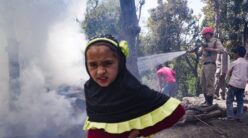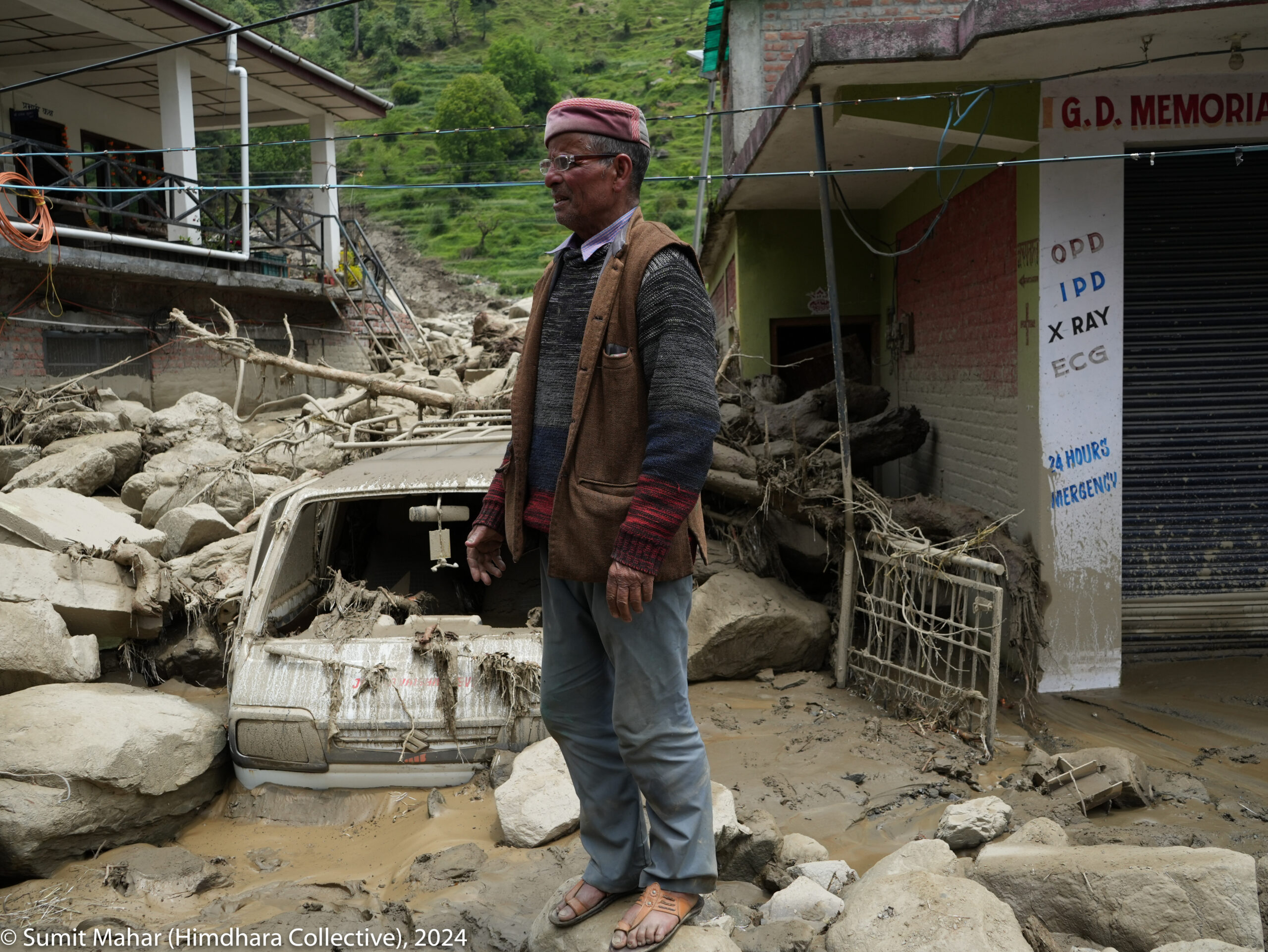Solan, April 15
The state Pollution Control Board is finally devising a strategy to deal with the situation in the state’s industrial hub of Baddi-Barotiwala-Nalagarh (BBN). The move comes in the aftermath of flak from NGOs citing lack of timely action to contain air pollution emanating from BBN.
Various NGOs, including Him Dhara, Environment Research and Action Collective and Him Parivesh, had recently claimed that fine dust levels got routinely violated, which posed a major health risk in the BBN. Air samples analysed by them had shown the presence of heavy metals like mercury, lead, manganese, nickel and cadmium in the air, which could be fatal for the local population.
The board had recently sent a team of officials to the BBN to study how air monitoring could be stepped up and where Atomic Absorption Spectroscopy (AAS), which is a specialised instrument to detect presence of metals in the air, could be set up.
The board had barely one AAS in the entire state, at its regional laboratory at Parwanoo. This was insufficient to meet the requirements of various vulnerable areas. Lack of staff is said to have affected efficient air monitoring. Dust sampler machines in the BBN, which are supposed to be operated for 24 hours, are running for barely 16 hours a day.
The Central Pollution Control Board (CPCB) had revised the ambient air quality norms in November 2009 and parameters such as sulphur dioxide, nitrogen dioxide,
particulate matter, ozone, lead, carbon monoxide, ammonia, benzene, bezo(a)pyrene, arsenic and nickel were supposed to be monitored by the state Pollution Control Board since then. The state board continued to monitor barely three parameters which included sulphur dioxide, nitrogen dioxide and particulate matter.
Since metals are yet to be detected in the air by the board, upgrade of the existing parameters is the need of the hour. Several studies including one conducted by the CPCB had detected the presence of metals in the air, which is an alarming sign.
Member secretary Vineet Kumar, when quizzed, said they were undertaking monitoring of eight of the 11 parameters after upgrading infrastructure. He said staff would be trained to operate such systems after ensuring their procurement. He said they were facing paucity of engineering and scientific staff and efforts would be made to recruit new staff.
http://www.tribuneindia.com/2014/20140416/himachal.htm






